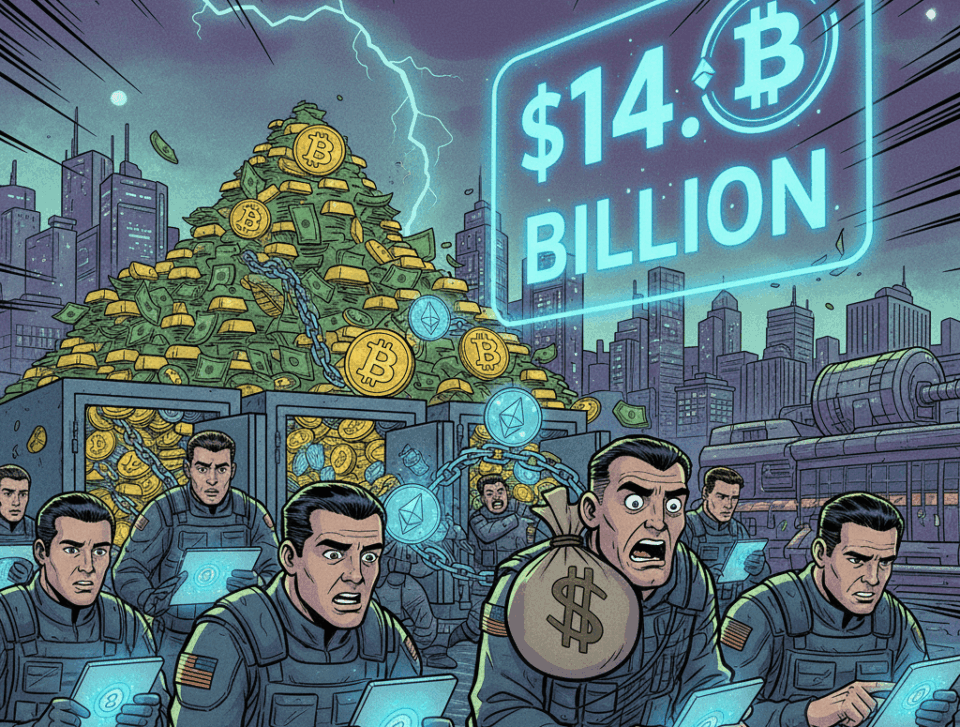The United States Department of Justice has initiated an unprecedented legal process. The action seeks the forfeiture of a massive reserve of 127,271 Bitcoin. This move is directly related to a case of fraud and money laundering. The US government seizes cryptocurrencies as part of its strategy against financial crimes. The news stems from a civil forfeiture complaint filed with the U.S. District Court for the Eastern District of New York.
The measure is linked to an indictment against Chen Zhi, a key figure. Zhi is the founder and chairman of Prince Holding Group, a Cambodia-based conglomerate. According to authorities, this businessman faces serious charges of conspiracy to commit wire fraud. Additionally, he is accused of conspiracy to commit money laundering. The forfeiture will be executed upon a potential conviction in the New York court.
A Blow to Illicit Finances
The forfeiture complaint details a large-scale operation. The value of the digital assets involved amounts to approximately $14.4 billion. This action underscores the growing ability of federal agencies to track and seize digital assets. The case demonstrates that Blockchain technology is not an infallible haven for illegal activities. On the contrary, it strengthens the idea that virtual assets are traceable and subject to the law, which is relevant for the digital economy.
The background of this operation reveals a thorough investigation. The Treasury Department’s Office of Foreign Assets Control had already sanctioned the company and its affiliates. This precedent adds more weight to the current forfeiture request. Collaboration between different government agencies has been crucial. This joint effort aims to dismantle financial networks that operate outside the law, using crypto assets to hide their funds.
What Does This Mean for the Crypto Market?
This event has significant implications for the cryptocurrency ecosystem. a seizure of this magnitude by a world power sends a clear message. The US government seizes cryptocurrencies to reinforce regulation and oversight. This could generate greater confidence among institutional investors in the long term. However, it could also cause short-term volatility if the market reacts nervously. The news reinforces the narrative of increased regulation in the sector.
The current situation demonstrates the maturity of the market and surveillance tools. As governments refine their methods for combating digital financial crime, the perception of risk could decrease. Investors should closely watch how these events unfold. The way authorities handle and liquidate these assets will be key. The future of the market will depend on a balance between innovation and a robust, predictable regulatory framework.

